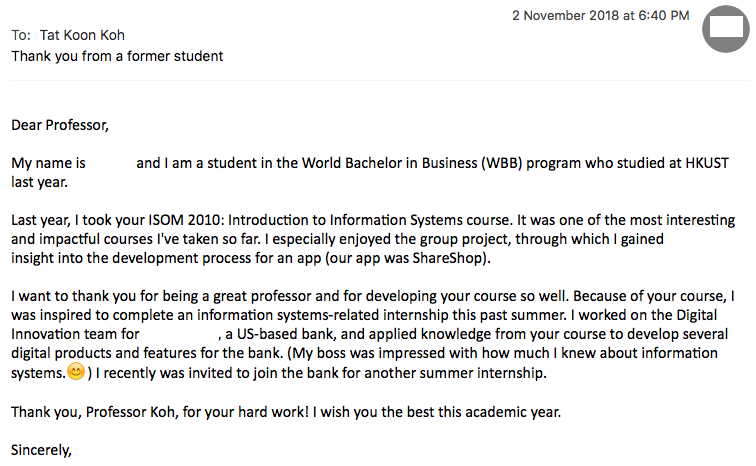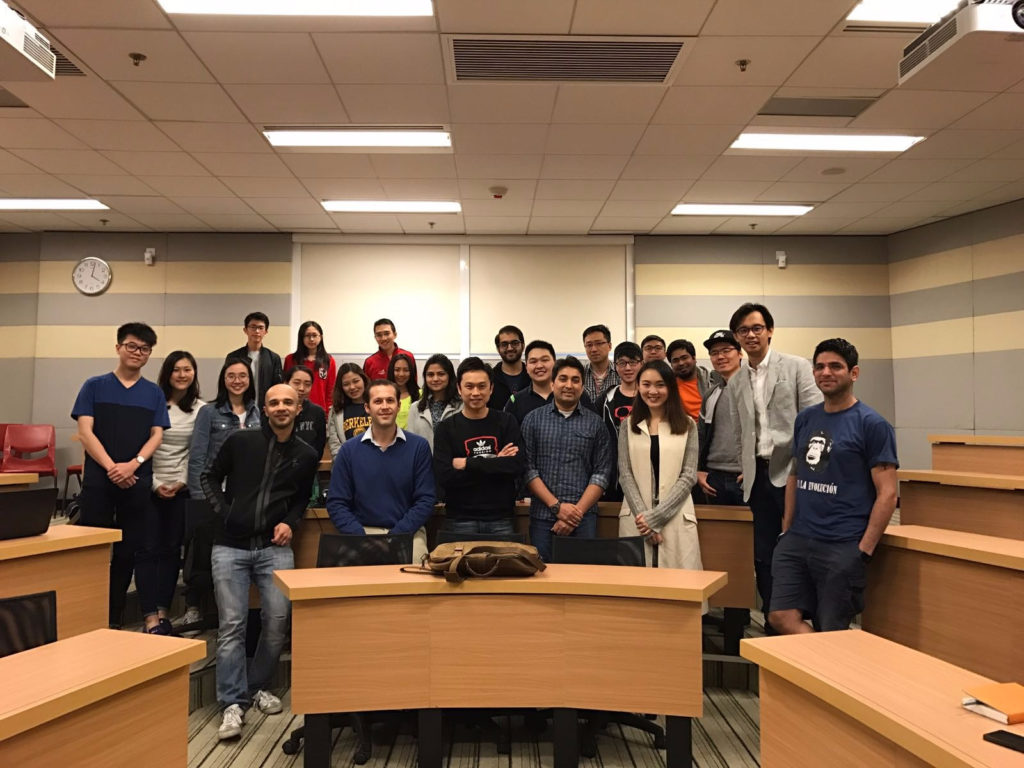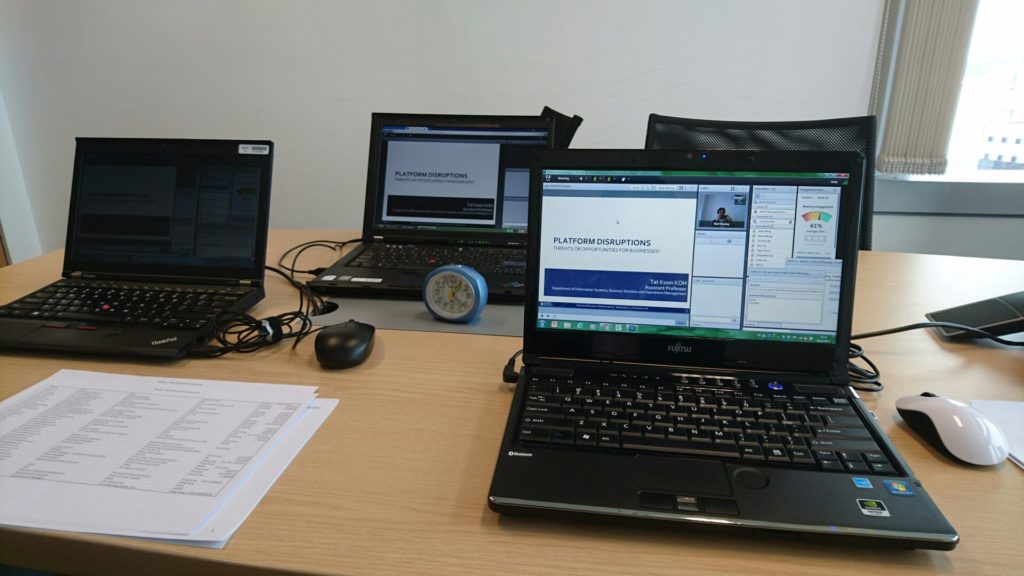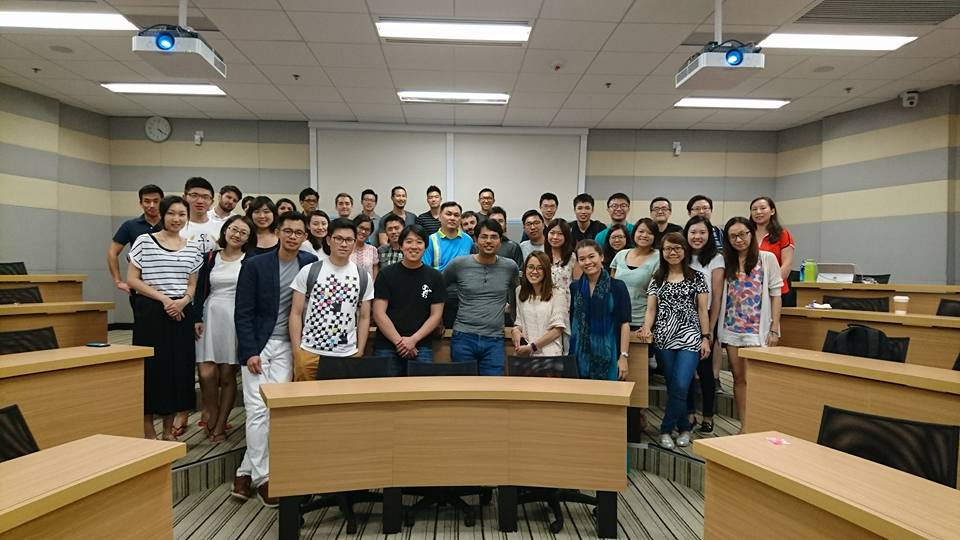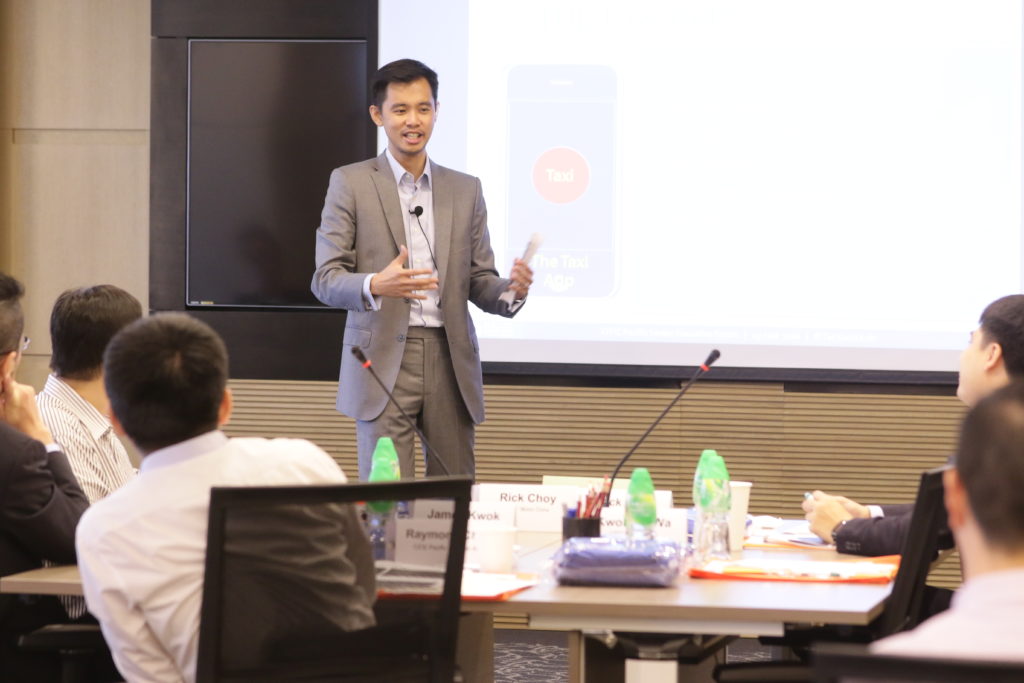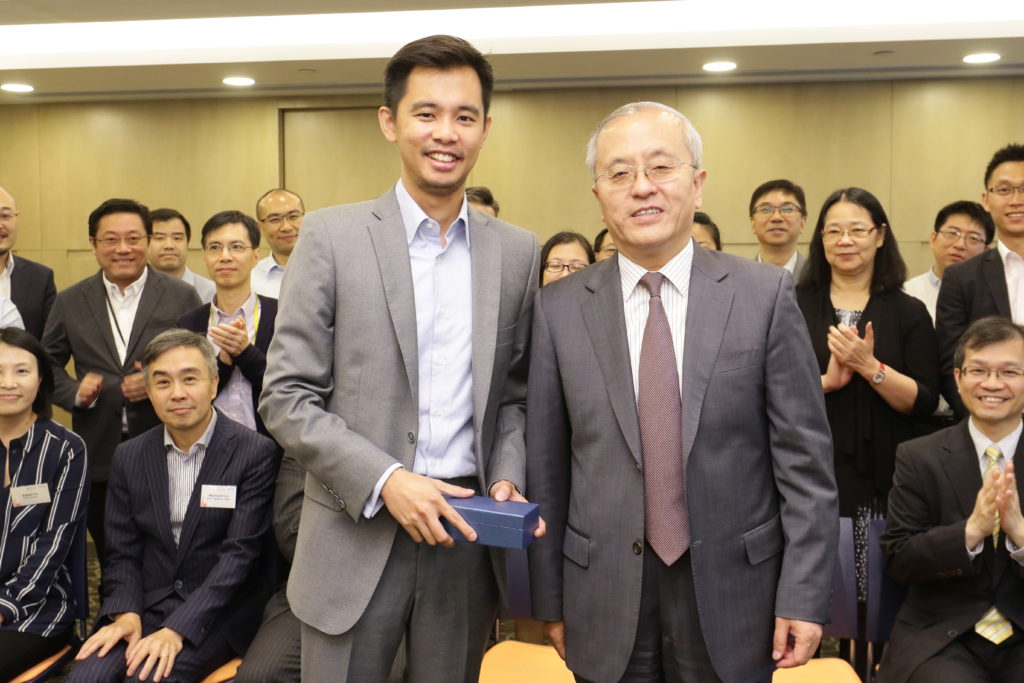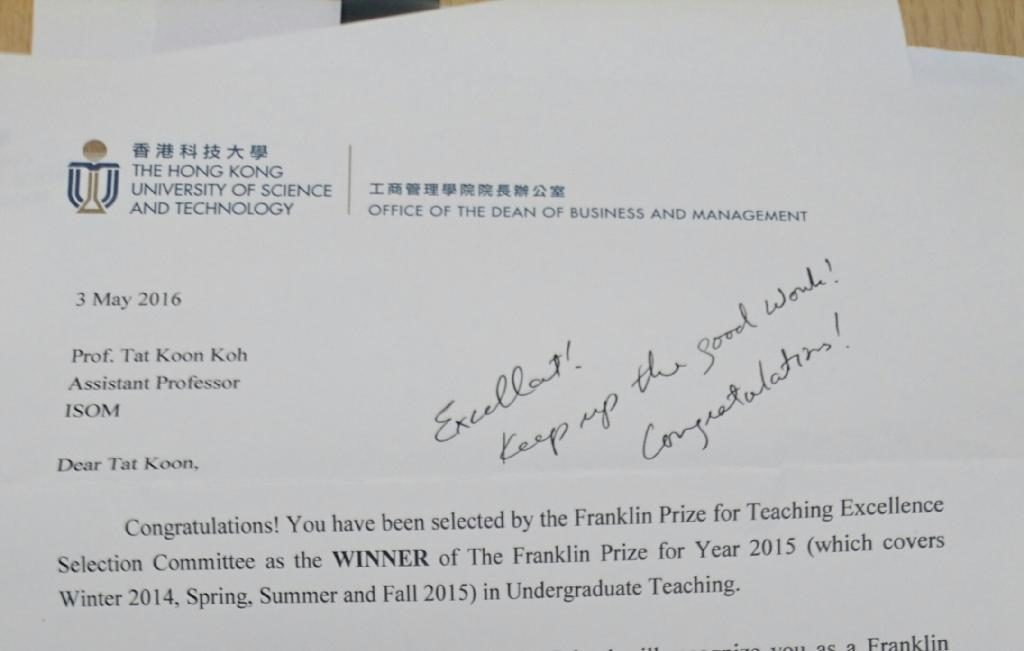We are now doing 100% online teaching, which means the exam is also done online. Here are some things that I have done in setting/administering the exams (hopefully this will be useful to some of you). My objective is for all students to have a qualitatively similar individual exam with minimal incentives to help one another.
- Question Randomizing. I use Qualtrics to set the questions. My main objective is to test all students on the same set of N concepts. For each concept, I will have M different but interchangable questions. My assumption is that any students who know a concept will be able to answer any of the M questions. The exam is randomized such that (i) the question sequence varies across students (i.e., students are tested on different concepts at different point during the exam) and (ii) the question for each concept varies across students (i.e., students are tested by different questions for each concept). If N and M are large (and the exam duration is relatively short), then the challenge for students to help one another during the exam is going to be greater.
- Forward Move Only. I set the questions just that students answer one question at a time, and they have to answer a question before moving on to the next. They cannot go back to answer a previous question.
- No Incentives To Be Helpful. Because of the question randomizing, I told students that they should turn of their mobile phone and log off from all social media and commuincation accounts (whatsapp/FB/IG/email/etc.). This is because the short exam duration (30 minutes) and format (randomized questions + move move only) mean they have little time and incentives to give help to others; so getting off their phones and accounts take away any pressure for them to give help. And because other students may not be able to help them due to the exam format, they should not waste time asking or waiting for help.
- Open-Everything. The exam is open book and students can have access to any course materials, online resources, etc. The only thing they cannot do is to have live support from their friends, parents, spouses, children, etc.
- Clear EoE. If your exam questions are not numbered in the system (like in my case, due to randomization), make sure you have a very clear “end of exam” page and communicate this to the students before the exam begins so that they know what to expect. I tell students that they basically have to keep answering any questions that they see until there is no more question to answer. My “end of exam” page shows
You are done with the exam, but…
– Do not turn off the webcam or log off until the instructor says you can.
– Remain seated in front of your webcam, fold your arms, keep your hands away from any electronic devices (phones, computer, etc.)
– Do not communicate any aspects of this exam with other students until the instructor sends out an “all-clear” annoucement.
If you have any good tips about running online exams, do share.

